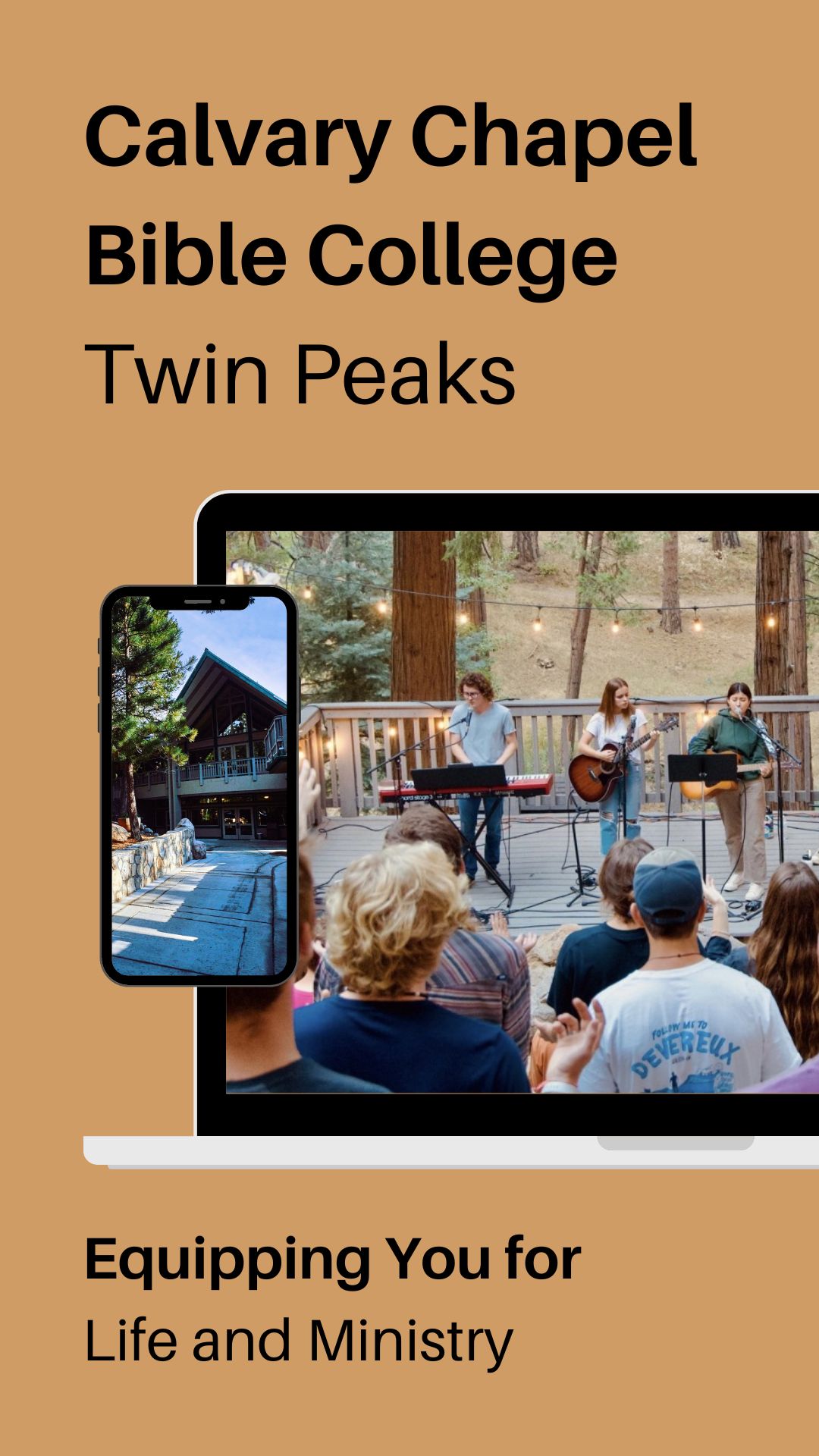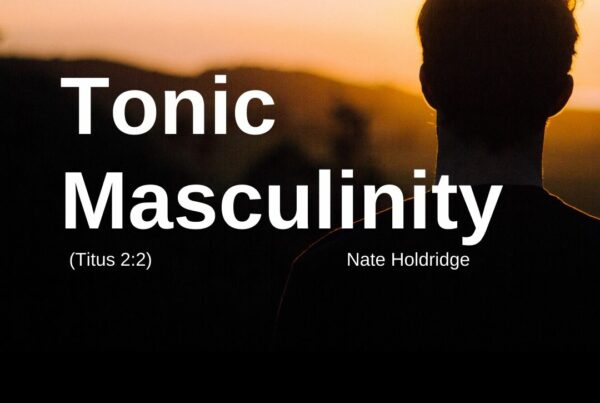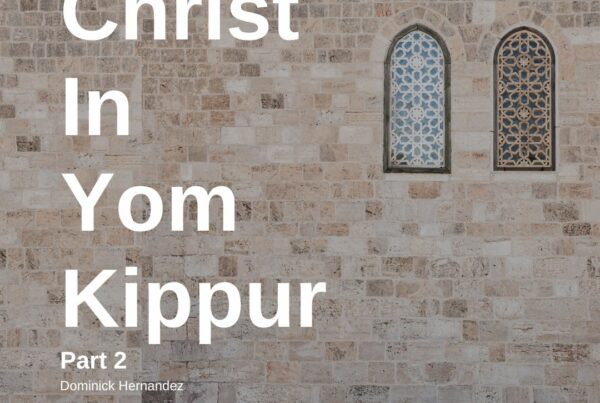
If you spend any amount of time online or on social media, you are likely aware of the global microscope that is currently examining the Church on every possible platform and medium. Wolves in sheep’s clothing are being exposed. Christian women are sharing their experiences in church cultures that were deeply rooted in misogyny. Purity Culture has met its reckoning. Toxic positivity is being unpacked. Victims of spiritual and sexual abuse are finding their voice.
And while this movement taking place where all that has been hidden in the dark is now being brought into the light is both necessary and long-awaited, one might find themself spiraling into feelings of disillusionment and disappointment—due to the Church’s failure to line up with the good, loving, and righteous God that it claims to represent.
Please allow me to begin this series forthrightly, and with as much candor as possible:
Are there abusers and predators who utilize the Church as a hunting ground for their own volatile appetites? Yes, there are.
Do churches exist where Scripture is twisted and weaponized to enforce abusive ideologies and exert control over congregations? Indeed.
Have narcissists been drawn to the pulpit, not for love of the Word, but for love of the sound of their own voice? Yes.
Has there been accounts of women being subjugated, and written off as weak, inferior, and unqualified to be taken seriously within ministry, in an attempt to undermine and diminish the God-given dignity and autonomy of the female sex? … Uh yeah. Like, all the time.
And for these very reasons, and many others, there are those who would like nothing more than to tear the Church down, brick by brick.
The Reality and Risk of Engaging in the Church
There is an extensive history of corrupt men and women infiltrating the Body of Christ, and it dates back to the days of Paul. In fact, Jesus Himself warned us through His own parables that this would be the case. (See Matthew 13:24-32, 47-52.)
The inescapable truth is countless ugly, painful, and downright horrific acts have been committed within church walls. And friends, as corruption and abuse within the Church continue to be brought to the light, and the topic of church-hurt increases in discussion and acknowledgment, it can be easy to grow weary in the faith.
As a believer, missionary, and pastor’s wife, I can attest that many of the deepest wounds in my own heart were exacted at the hands of my fellow Christians and co-laborers. So, I speak with compassion and understanding when I say that sometimes it can seem safer to stay at arms length from the church; after witnessing or experiencing the ugly side of humanity within churches, one might easily find themself ready to withdraw from Christian spaces.
Indeed, there is emotional security in exchanging communal gathering, for tuning in online. There is less risk when minimizing our involvement and trading fellowship between members of the Body for the position of user and product. Spiritual abuse and hypocrisy have done immeasurable damage to the lives of believers. Additionally, legalism and the misuse of Scripture have choked and snuffed out the passion from even the most ardent followers of Jesus, leaving so many feeling raw, jaded, and embittered.
Yet it is for all of the reasons listed above that we must lean in, rather than pull away.
Yes, playing the role of the consumer provides comfort and security, but how will we make crucial changes in the culture if we remain safely far removed from the central inner workings of the Body?
The Price That Was Paid—So That We Might Gather
The Church is a precious thing.
Not the buildings.
Not ornate pulpits or floor-to-ceiling projectors.
Nor the stages and stained-glass windows.
But the Church, being the gathering and the fellowship of those who follow Jesus, is precious beyond measure.
I recognize that, for many, it might not feel that way right now.
In order to regain perspective on why this entity that we call the Body, is indeed invaluable, we must first look at that Holy day on the hill of Golgotha, where Jesus poured Himself out for the sake of our redemption.
The One who spoke light into existence, was spit upon, degraded, and denied even the modesty of a loincloth, was stripped naked and humiliated. The same One who commands the morning sun and causes the dawn to know its place (Job 38:12) allowed Himself to be blindfolded and beaten, receiving blow after blow, all while in the most vulnerable state possible.
He, who formed man out of the dust and designed every function, every nerve, every atom that would constitute the human anatomy, subjected Himself to be tortured and laid bare, with every limb and every inch of His Holy body lacerated and ripped open. Holding nothing back, the Alpha and Omega, the Beginning and the End, the One who has existed outside of time and space, and holds entire galaxies in the palm of His hand, gave every last drop of blood that His earthly body possessed.
There was nothing that Jesus withheld in humanity’s rescue. He gave all: His safety, His dignity, His blood. His last breath.
What Jesus did at the cross made salvation available to any and all who put their trust in Him. Jesus triumphed over the chaos, destruction, and havoc that sin wrecks in the lives of mankind, and through His own death, made a way to offer us new and eternal life – “He was wounded for our transgressions, He was bruised for our iniquities; The chastisement for our peace was upon Him, and by His stripes we are healed” (Isaiah 53:5).
In addition to giving us unprecedented access to the Creator and His throne room of Grace, Jesus set forth into motion a revolution that would turn the world upside down. He became the foundation, and the cornerstone, of an innovation the likes of which had never been seen before: the Church.
Moving Forward
When I was sixteen, I learned of the German Count Zinzindorf and the Moravian Church that helped change the world almost three hundred years ago, and I have often reflected on the words of two, particularly extraordinary, Moravian missionaries. In 1732, a couple of young men—free European men—sold themselves into slavery so that, for the sake of the gospel, they might access and reach three thousand enslaved men, women, and children kept on an island in the West Indies. This island was owned by a British atheist who had refused to allow any pastors or clergymen to breach the shores of his odious isle-wide plantation. On October 8th, as the two Moravians boarded the ship that would deliver them to a life of captivity and the total loss of all liberty and personal security, their families gathered, waving and shouting their goodbyes to the departing vessel. And it was then that these young missionaries raised their voices from the deck and proclaimed the last words that their loved ones would ever hear them say:
“May the Lamb that was slain, receive the reward for which He suffered.”
Friends, the Church is the direct result of Christ’s work at the cross. The Church is not a building with fog machines and a charismatic speaker. It is not giant crowds and big events. It is not even the location where you may have been hurt or let down.
The Church is the people, the followers of Jesus, whose lives were bought at the highest cost.
In Acts 20:28, Paul charges the leaders, pastors, and overseers to take heed as Shepards of God’s church—which He purchased with His blood. This is how seriously God takes His Church. And this is why, if we call ourselves followers of Jesus, we cannot abandon the assembly of the saints.
Jesus bled, not just for our salvation, but for our ability to meet in worship, fellowship, and encouragement. He desires for us to do life with each other, praying for one another and bearing each other’s burdens.
We know that before the cross, the Church did not exist. The people of Israel worshiped Yahweh in their temples, separate and removed from Gentiles. Spiritual segregation was a maze of layers upon layers of rabbinic law and uncrossable boundaries. In contrast, when the veil was torn, and Christ died and rose again, He ushered in a radical shift that would allow for every nation and every tribe, from every corner of the earth, to gather together, unified in love and devotion for the Messiah who delivered them from sin and darkness.
As we navigate our faith and our affiliations during this movement of exposure, let us not turn our backs on the very Church that Christ purchased with His blood. Likewise, for those of us who are in ministry, let us remember that placing our heads in the sand does no one any good, and denial will not make the issues go away.
The way that we will make the vital and significant changes that our church cultures desperately need first requires honesty from some, and perhaps a willingness to forgive from others. From there, we can start working to bring about the healthier functions that we want to see, which can only happen through our readiness to get more involved.
IF we want to see more accountability and safeguards to protect the most vulnerable members of our congregations, we have to get engaged and advocate for those things. IF we want healthier practices and more gospel-centered culture in our churches, then we have to invest our own time and energy to be part of the work. Not everyone is called to be a pastor, but every Jesus follower is called to be in community.
The solution to the issues that our churches face is not easy or simple; it will require something from us. Maybe, that is forgiveness and a willingness to trust again. Perhaps it is the giving of time and service to a ministry. For many of those who still faithfully attend church every Sunday, maybe what is required of them, for the betterment of our church cultures, is vulnerability and the practice of letting go of the carefully crafted veneer of the “perfect Christian” or the “perfect family.”
Dissecting, disconnecting, and ultimately, tearing apart the Church due to failures and dysfunction, will not make our world any safer or any more just.
Jesus said that His people are to be the light of the world and a city on a hill that cannot be hidden. “In the same way, let your light shine before others so that they might see your good works and give glory to your Father in heaven” (Matt. 5:16 CSB). We cannot be that city on the hill if we abandon the Church. Instead, let us commit ourselves to the healing and the betterment of our church bodies. In the places where we see a need for change, let us invest ourselves into those very same areas.
This article is the first, an introduction actually, to a series of articles where I would like to break open some of the points of concern that I, myself, have, or have discussed with others, as well as how we might put the necessary work into practice.
‘Cause it’s worth it.
And I hope you will consider with me how we might be the change we wish to see.













